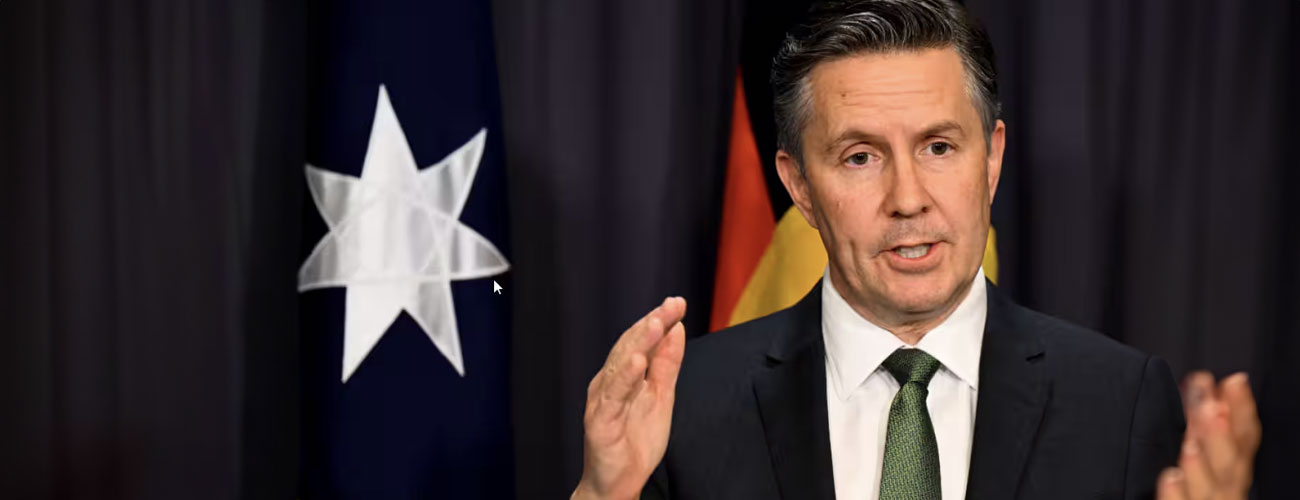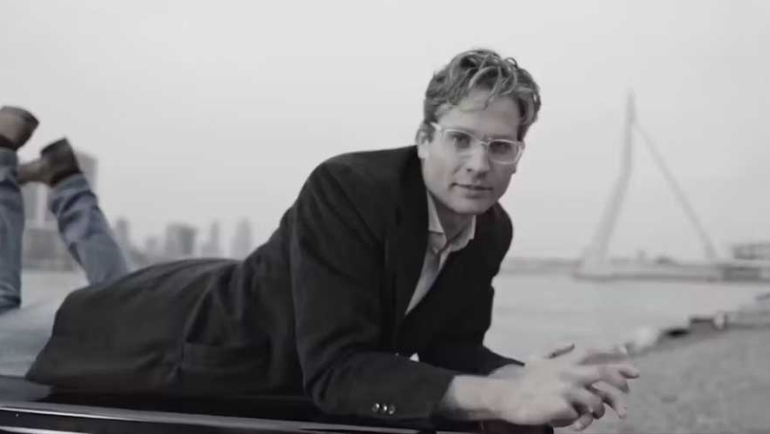Shop owners found selling illegal vapes in Australia are to be slapped with multi-million dollar fines and jail terms.
A nationwide ban on the sale of vapes outside of pharmacies began on July 1, but illegal vapes are still widely available on the black market months later.
Health Minister Mark Butler said it was clear that some convenience stores and tobacconists are breaking the law and the government now needs to switch to a “far more assertive approach”.
Mr Butler warned that businesses still selling vapes could soon be prosecuted under the new laws.
Vapes only legally available from pharmacies
Australia became the first country to ban the sale of non-therapeutic vapes in July, with adults only able to purchase them from pharmacies without a prescription from October.
However, illegal vapes remain widely available on the black market, sold under the counter by some tobacconists and convenience stores.
The federal government has so far tried to encourage retailers to voluntarily surrender their vape stocks to the Therapeutic Goods Administration. And Mr Butler said inspections of shops have been taking place by state authorities to inform owners of the new laws and “warn them of the consequences”.
Prosecutions on the horizon
But that softer approach could soon come to an end, with the health minister warning that prosecutions are now on the horizon.
“I want to see prosecutions starting to be prepared by authorities because this is too important to the health of young people,” he said.
Reacting to criticism that the ban has simply fuelled a dangerous black market, he said
“I never pretended this would be shut down overnight.”
Watered down laws
The Australian government originally wanted to ban all sales of vapes without a prescription from a GP, but the laws were watered down to win the support of the Greens in the Senate.
From October, adults are allowed to buy vapes from behind the counter of pharmacies without a prescription, although they will have to talk to the pharmacist first.
The vapes sold in pharmacies only come in menthol, mint or tobacco flavours in an effort to put off young people from trying them. However, a wide range of sweet and fruity flavours is available illegally under the counter in some convenience stores and tobacconists.
Shadow health minister Anne Ruston said that “kids are still being targeted by a thriving and dangerous black market” under the federal government’s vaping regulation.
“This government has made it undeniably clear that they are not up to the job of cracking down on organised crime and protecting children from the harms of vaping,” she said in a statement.
The Coalition would instead create an illegal tobacco and vaping task-force led by the Australian Federal Police and Border Force, she said, to “tackle illegal vapes from the border to the shopfront”.
But Mr Butler insisted the retail bans were “starting to have an effect”, pointing to vape stores in his electorate that have had to shut their doors.
The July ban was the latest in a series of changes to vape laws implemented by the federal government. In January, almost all disposable vapes were banned from being imported into Australia. Since then, Mr Butler said more than five million vapes had been seized at the border.



